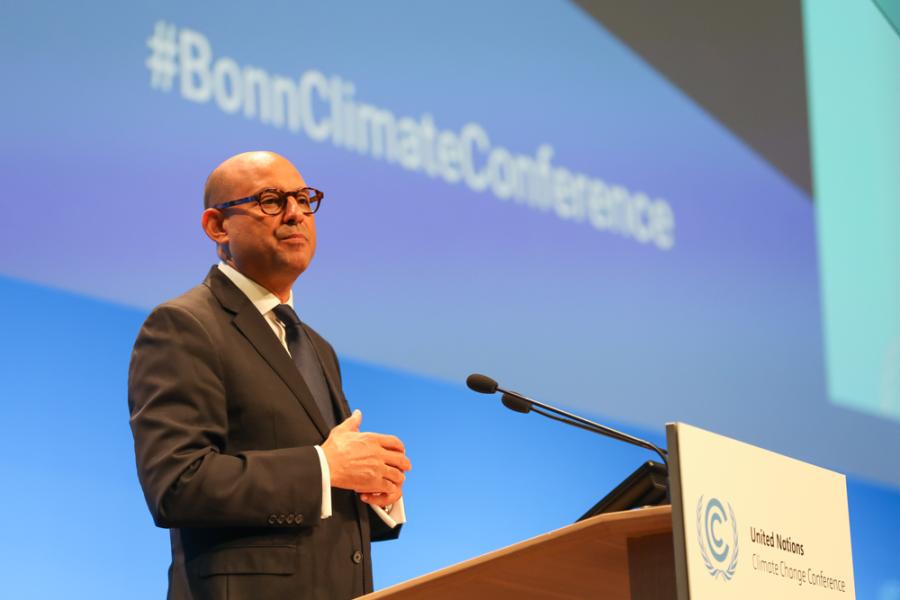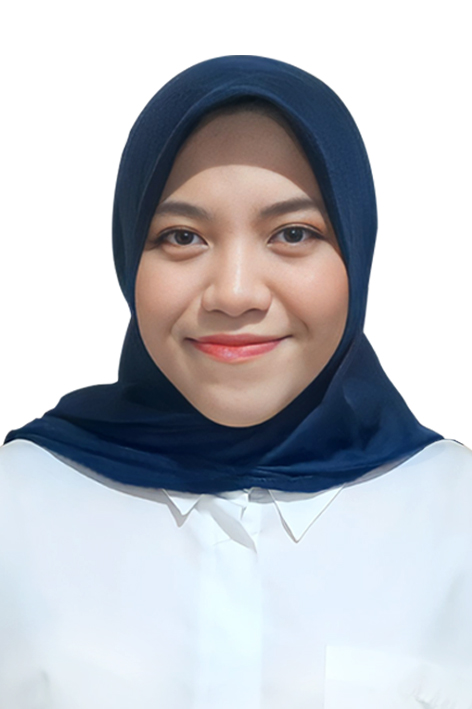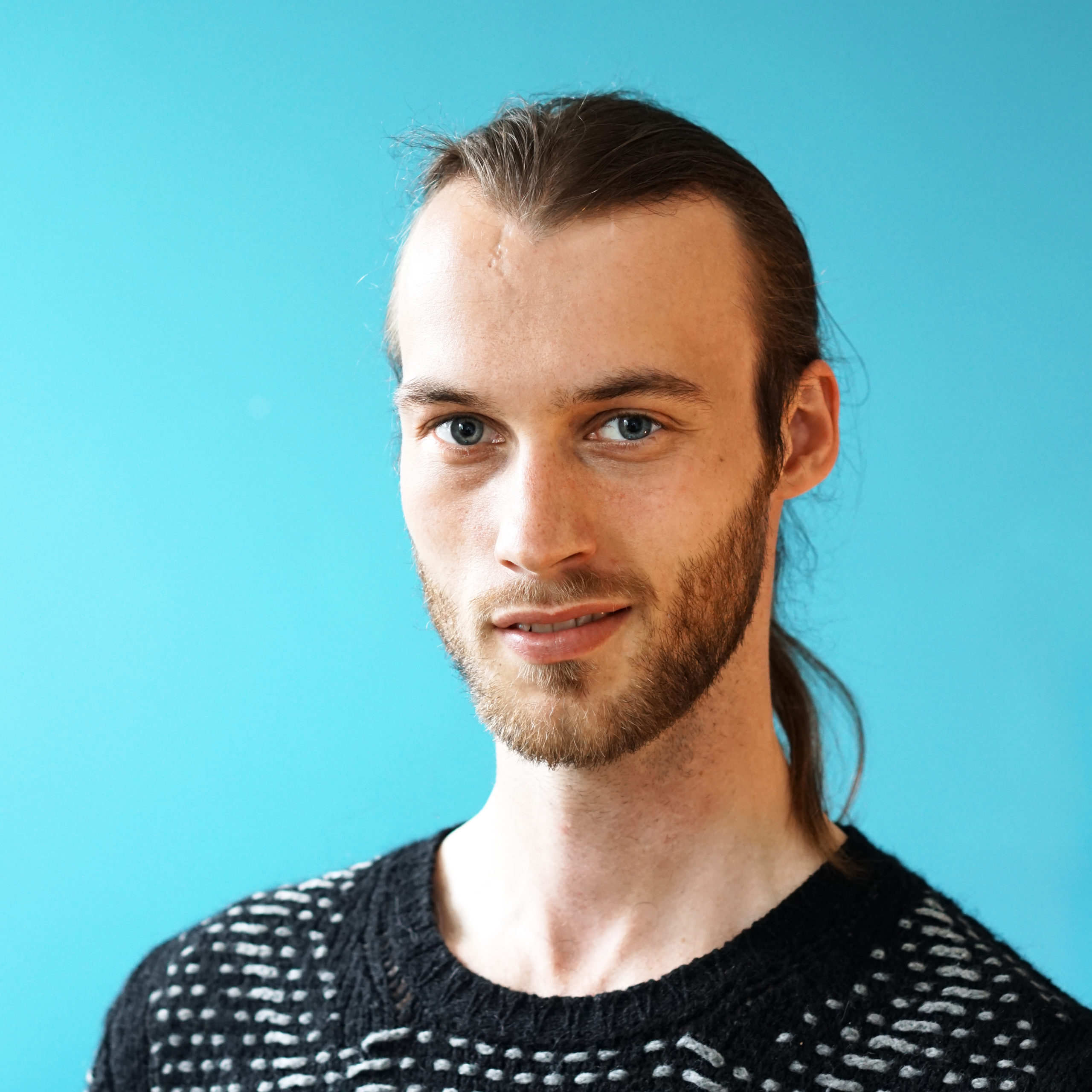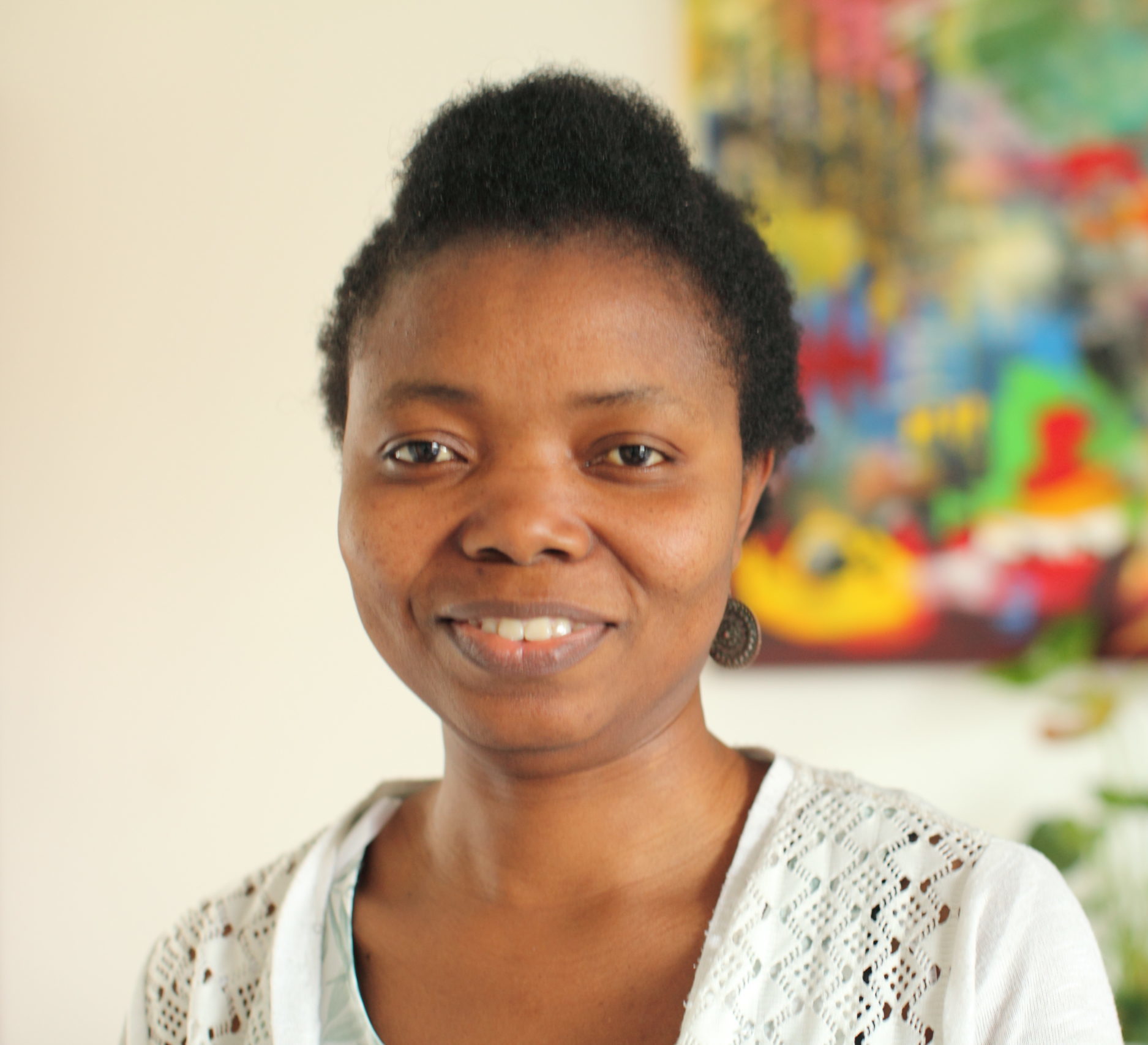University of Leeds at SB58

Each year, in between the UN Climate Change Conferences – or, COPs – an intersessional session takes place to progress discussions and prepare for the upcoming COP. This two-week conference is usually held in Bonn, Germany, with the aim of preparing for the upcoming COP later in the year. It hosts sessions of the two main subsidiary bodies (SB) of the United Nations Framework Convention on Climate Change. As this will be the 58th session, the conference is being referred to as SB58, with the focus on loss and damage and the global stocktake.
The University of Leeds is an official observer of the United Nations Framework Convention on Climate Change, which means our experts can attend these conferences and contribute relevant research.
This year, the team leading the CONSTRAIN project will be at SB58. This project aims to reduce uncertainties in climate models and improve how computer models project near-term climate change, providing better evidence to inform policy decisions. The team will launch an important tool that provides access to up-to-date and robust scientific evidence regarding climate change. The Indicators of Global Climate Change is an open platform developed by a group of leading climate researchers from across the world.
Below, several other University of Leeds attendees outline why they are attending SB58 – some online, and some in person.
Andi Misbahul Pratiwi
 I am a PhD student at the School of Geography, University of Leeds. I am focusing on the intersection of gender, sexuality, technology, and climate change in the Global South, with a specific emphasis on the Feminist Political Ecology of climate change technological adaptation in fishing communities in Indonesia. I use a feminist-creative approach and method to explore the life experiences of fisherwomen and women in coastal communities across generations, and how they think, use, and produce various forms of technology to adapt to the multiple impacts of climate change. This research will not only add to our understanding of how climate change disproportionately impacts women but also on women’s agency in technological adaptation.
I am a PhD student at the School of Geography, University of Leeds. I am focusing on the intersection of gender, sexuality, technology, and climate change in the Global South, with a specific emphasis on the Feminist Political Ecology of climate change technological adaptation in fishing communities in Indonesia. I use a feminist-creative approach and method to explore the life experiences of fisherwomen and women in coastal communities across generations, and how they think, use, and produce various forms of technology to adapt to the multiple impacts of climate change. This research will not only add to our understanding of how climate change disproportionately impacts women but also on women’s agency in technological adaptation.
My motivation to join SB58 is to understand how innovation and technology play important role in climate change adaptation. Furthermore, I also want to look at and explore how UNFCCC discussions and negotiations address the position of women, indigenous people, and minority groups in the global climate change adaptation agenda. This is important since the latest IPCC report states that we require intersectional, gender-responsive, and inclusive decision-making that can accelerate transformative adaptation over the long term to reduce vulnerability.
Anne Sietsma
 I am currently finishing my PhD at Leeds while also starting my new job at University of Wageningen doing research into the same topic: how to measure adaptation at the global level. Adaptation is about minimising the risks of climate change. As climate change is becoming more severe, the need to adapt goes up too. Without data you can’t do this effectively: we need to know where adaptation is taking place, if it is working and how much more needs to be done.
I am currently finishing my PhD at Leeds while also starting my new job at University of Wageningen doing research into the same topic: how to measure adaptation at the global level. Adaptation is about minimising the risks of climate change. As climate change is becoming more severe, the need to adapt goes up too. Without data you can’t do this effectively: we need to know where adaptation is taking place, if it is working and how much more needs to be done.
This is why countries have agreed to a “Global Stocktake” to regularly assess progress on climate action, including adaptation. Countries and all sorts of organisations have submitted over 20 thousand pages of documents for this Stocktake over the last few years. In a nutshell, they are here at SB58 in Bonn now to figure out what they can learn from those documents and what the Stocktake should look like going forward.
My personal focus is on how machine learning can be helpful here. There is so much data about so many different specific issues that it becomes impossible to summarise by hand, and measuring adaptation was never easy to start with. Still, the stakes are high: in previous UNFCCC negotiations, countries have promised tens of billions of dollars per year for adaptation. More importantly, without effective adaptation, people will go hungry or have to flee their homes or live in fear of the next big hurricane. So, we must get this right, which means we must know what is going on and how to do better.
Rebecca Sarku
 I am a Research Fellow at the Sustainability Research Institute, where my research focuses on tackling poverty, food insecurity, and environmental challenges and delivers innovative and multidisciplinary result-oriented solutions in complex and marginalized communities. I am an expert in climate adaptation, climate information services, designing innovative governance arrangements, adaptive decision-making, and digital technologies for agriculture and sustainable food systems. As a Research Fellow in Climate Change and Food Systems, my research focuses on food security, climate change in the global south, and the issues of UNFCCC food systems.
I am a Research Fellow at the Sustainability Research Institute, where my research focuses on tackling poverty, food insecurity, and environmental challenges and delivers innovative and multidisciplinary result-oriented solutions in complex and marginalized communities. I am an expert in climate adaptation, climate information services, designing innovative governance arrangements, adaptive decision-making, and digital technologies for agriculture and sustainable food systems. As a Research Fellow in Climate Change and Food Systems, my research focuses on food security, climate change in the global south, and the issues of UNFCCC food systems.
I shall be observing proceedings on the Sharm el-Sheikh joint work on the implementation of climate action on agriculture and food security, including the implementation of the outcomes of the Koronivia joint work on agriculture and previous activities addressing issues related to agriculture.
Main image: UNFCCC Executive Secretary Simon Stiell. Photo by IISD/ENB - Kiara Worth
